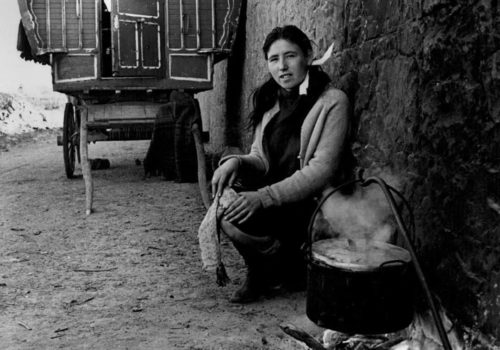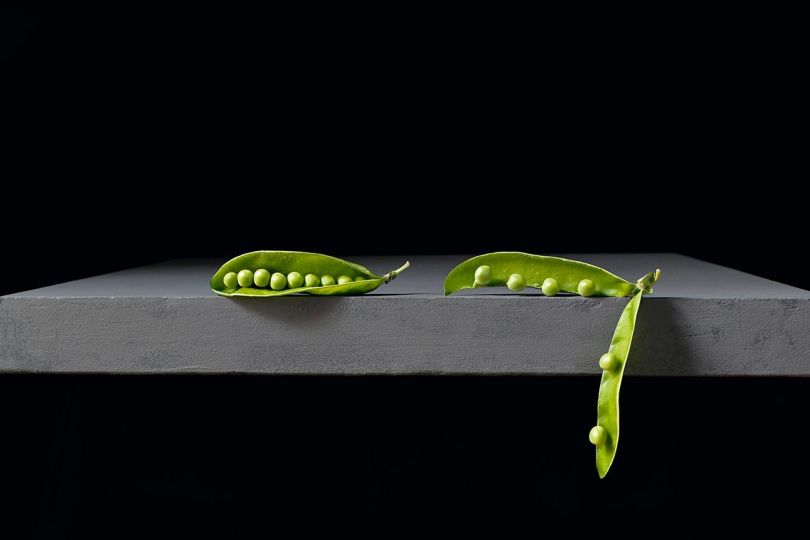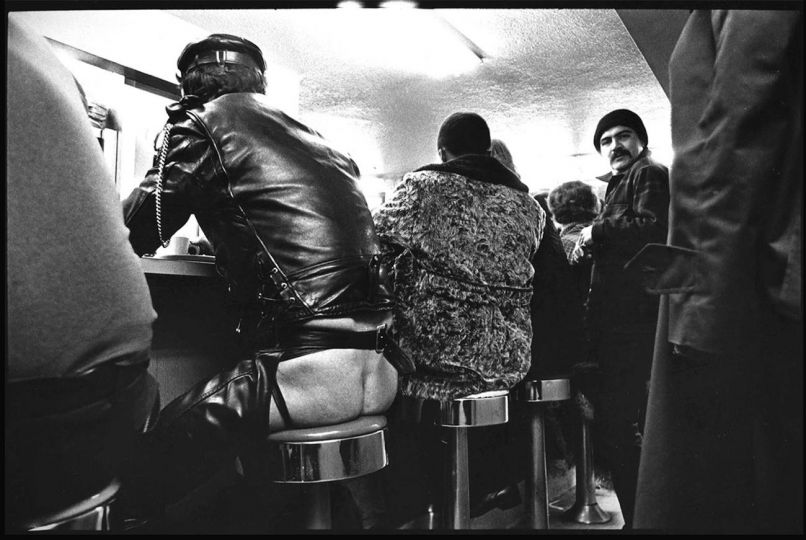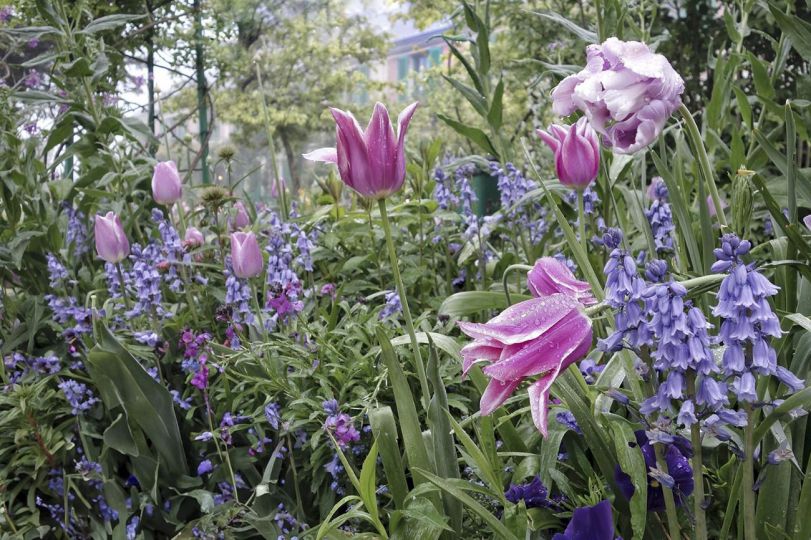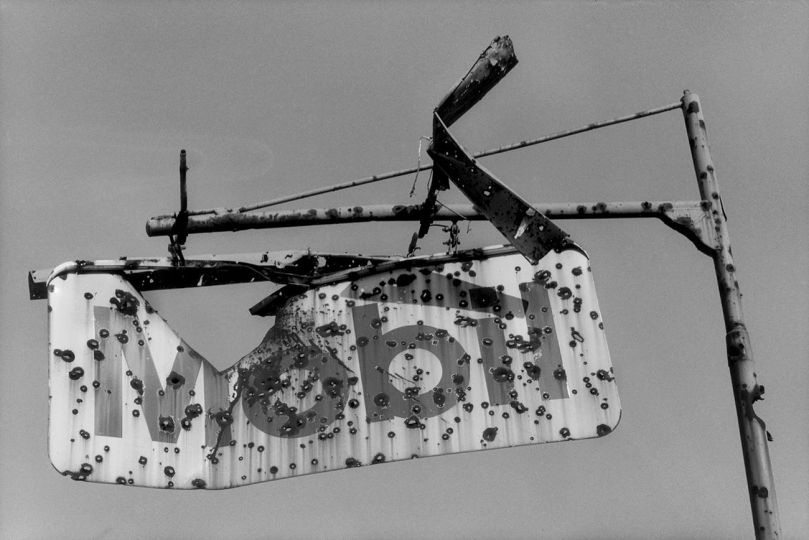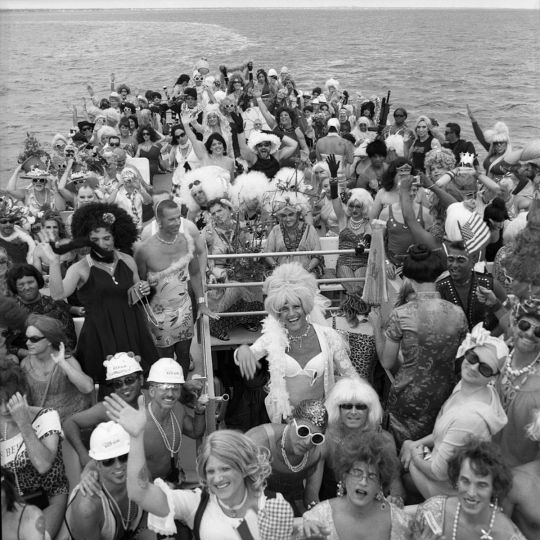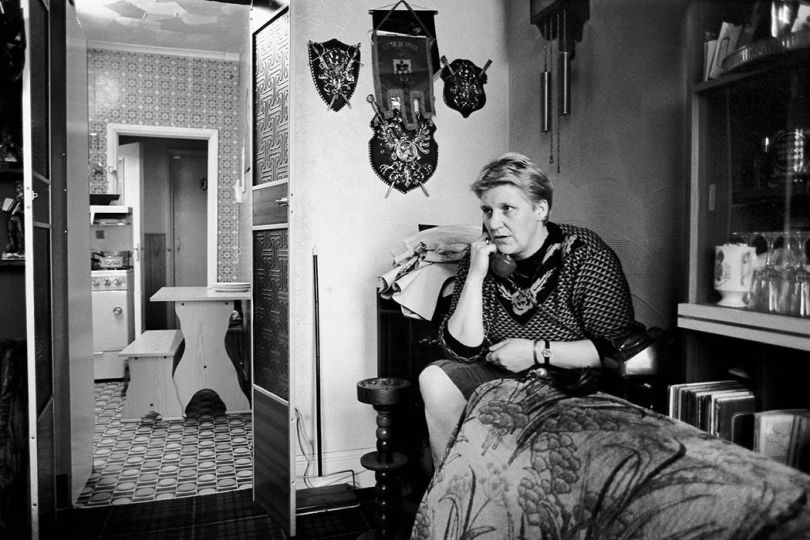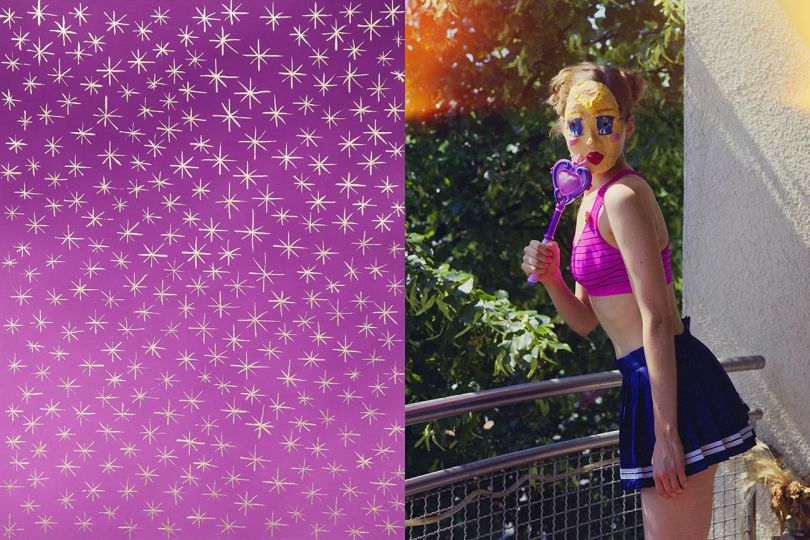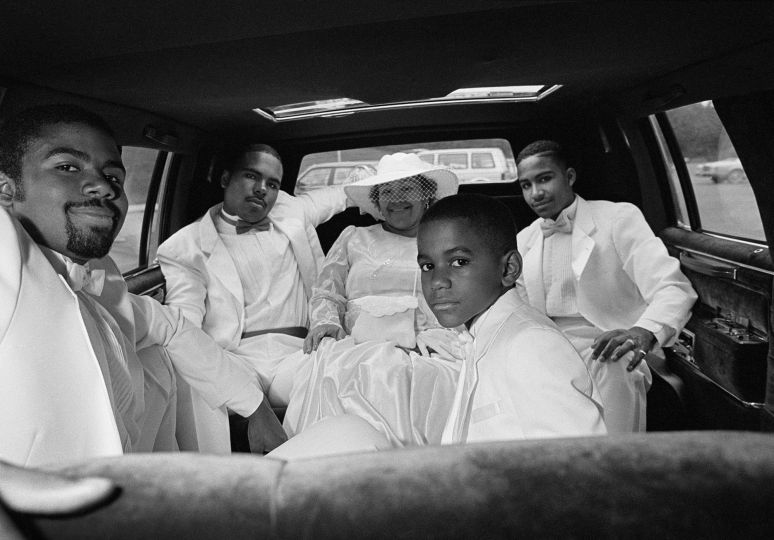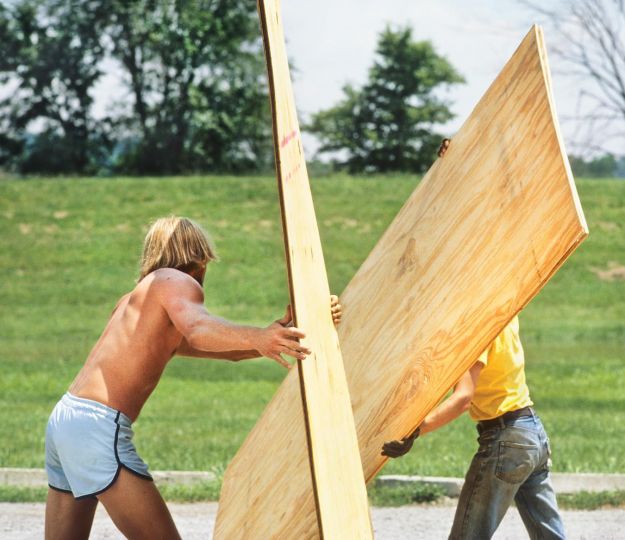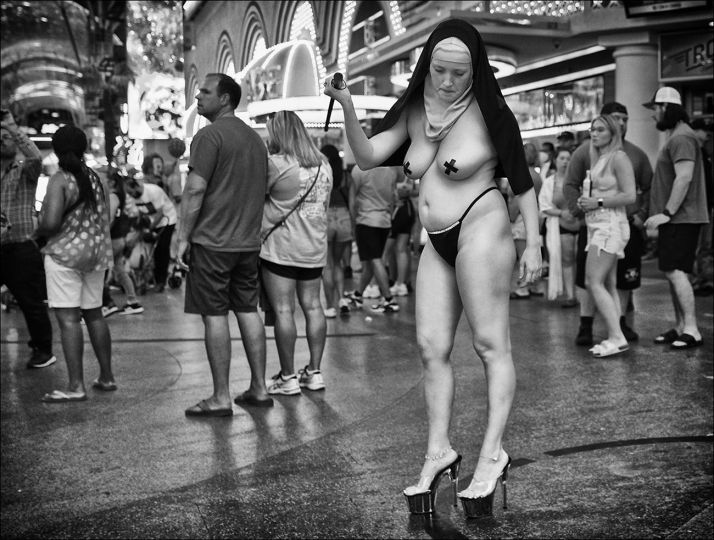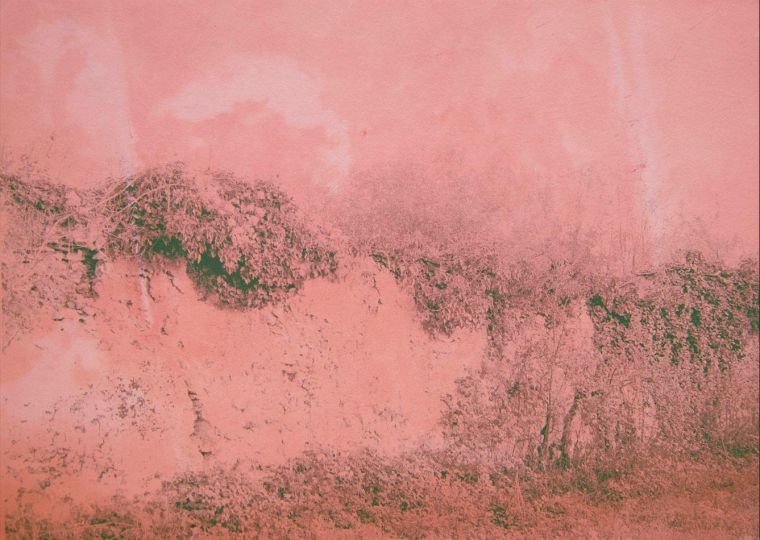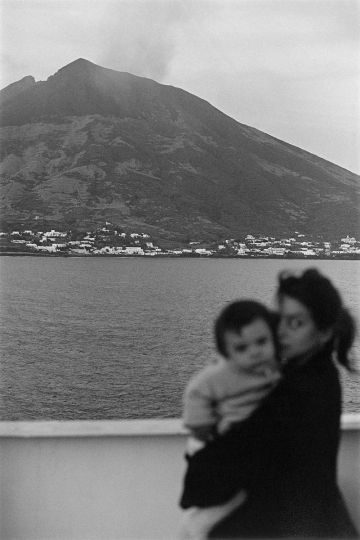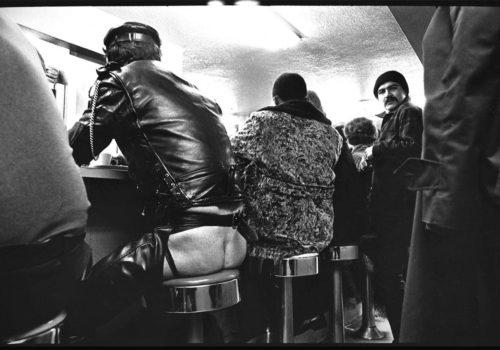“People do be vexed and they stare at you with their calculations as if you were riding about in a painted dream on the horse and cart. We have black teeth but we dream just the same as the people who live in houses…”
In this first iBook edition of her landmark 1976 study Janine Wiedel transports us to the heart of the Irish Traveller community of the 1970s. Through words and photographs amassed over five years spent with the Travellers, we are offered a window into a transitional moment in the history of this resilient people. First presented as an exhibition at the Photographers Gallery in 1976 and as a book by Latimer Press the same year, the new iBook offers a long overdue opportunity to reconsider this sensitive portrait of a community in transition.
A product of Wiedel’s engaged documentary approach, the book combines sensitive and insightful photographs with the Travellers’ words to provide a compelling record of a vanishing world. Faced by the hostility of the Irish Government to their nomadic lifestyle and the erosion of their traditional trades, the Travellers were caught between nostalgia for a vanishing past and a fatalistic acceptance of an uncertain future. Throughout, Wiedel succeeds in capturing the independence, pride, self-respect and sheer endurance that have ensured the Travellers’ survival across the centuries.
“Well, it happened in Scotland and it happened in Ireland. You get tinkers everywhere. That’s the bother of being born in times of prosecution when people are uprooted from their homes and forced to the side of the road. We’re being moved on every day and they’re tarmacking the road so you just remember the old times…”
The origins of the Irish Travellers and of their secret language, Shelta, has long been the subject of fierce controversy among historians. Some say they are descendants of a pre-Celtic class of skilled metal workers and others that they are remnants of dispossessed nobility. Another theory holds that they were forced into an itinerant existence by the social and economic upheavals of the 17th century. Whatever their origins, their long survival on the fringes of society bears testament to the strength of their communal identity.
The original version of Irish Tinkers: A Portrait of Irish Travellers in the 1970s was first published in the UK (1976) and the USA (1978). Irish publishers would not undertake the project as it brought recognition to the plight of their ‘itinerant population’ at a time when the authorities were desperately trying to move them off the road and into permanent campsites or houses. Any mention of ‘tinkers’ or ‘travellers’ in the press was overwhelmingly negative.
In many respects little has changed, with mainstream press and television companies continuing to peddle crude stereotypes of gypsy and traveller lifestyles in the name of public entertainment. Whilst Britain has now recognised Irish Travellers as a distinct ethnic group, in Ireland no such recognition exists. It is against this context that this book of photographs & words stands – offering genuine insight and reasoned access to the history of this fascinating people.
The book is a testament to the five years that Janine Wiedel spent travelling back and forth from Ireland between 1971 and 1976. Hitch-hiking or living in her well-travelled mini-van she became trusted and accepted by the families she came to know. Most of these families were struggling to live independently despite the efforts of the local authorities to place them in permanent campsites or houses. They prided themselves in being able to make anything out of tin, even though it was becoming increasingly difficult to make a living in this way.
The word ‘Tinker’ came from ‘Tin ceard’ and was an occupational definition and originally a mark of prestige. Over the years the word ‘Tinker’ has become bound up in the negative intonations of a hostile and prejudicial society. But with this tarnishing has been lost a name many of the subjects of this book identified with and a means of effectively distinguishing them from other groups of travellers. It is in recognition of the group identity once afforded by the word, as well as in deference to the book’s original title, that the word ‘Tinker’ has been preserved in the title of this iBook.
“I can make me anything in tin from a frying pan to a teapot and spokes. I can make me stakes, a tea drawer, anything. It’s running in my blood and you can tell by the cut of me I’m a tinsmith. Daddy was too…”
Janine Wiedel, was born in New York City and has been living and working as a documentary photographer in London since the early 1970s. Her distinguished career has tended to focus upon groups struggling to survive on the edges of mainstream society. She has produced major studies, books and exhibitions on subjects including: student riots and the Black Power struggles of the late 1960s USA; the Inuits of Baffin Island; the disappearing industries of the Midlands in Britain; protest movements from 1960s to the present day; and, most recently, eco warriors, squatters and multicultural Britain. Her work has been widely published and shown in major solo exhibitions.
Irish Tinkers: A Portrait of Irish Travellers in the 1970s remains one of Wiedel’s most absorbing works. Rooted in fascination and respect it offers a poignant and enduring testament to the life of the Irish Travellers and a highpoint of the documentary form.
“We’re queer ways travelling people. One night we’ll stay and one night we’ll not and we’ll have the whole camp gone up and thrown into a cart, cocks and roosters and goats and all the crockery and the kettle bar and all your belongings heaped together in a heap on the back of the cart…”
Irish Tinkers
A Portrait of Irish Travellers in the 1970s
Janine Wiedel
New iBook
Published : 2013 by Documentary-Photos. Original hardback, now out of print.
Latimer Press UK, 1976
St Martins Press USA, 1978
153 pages (83 b/w photographs)
Available from iTunes & iBookstore

